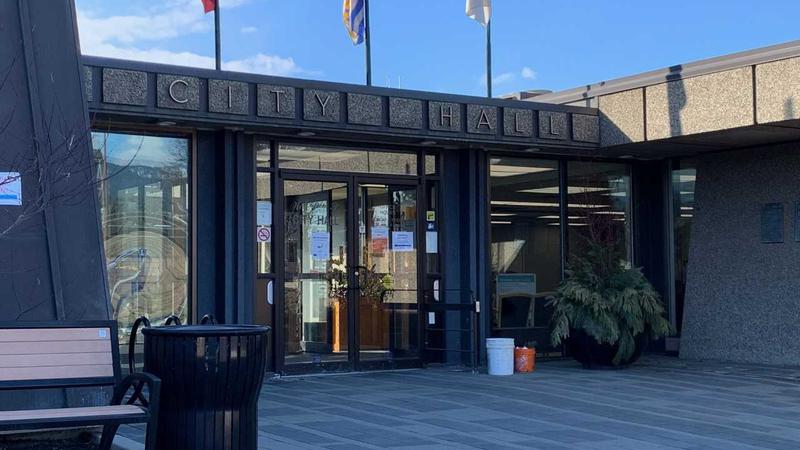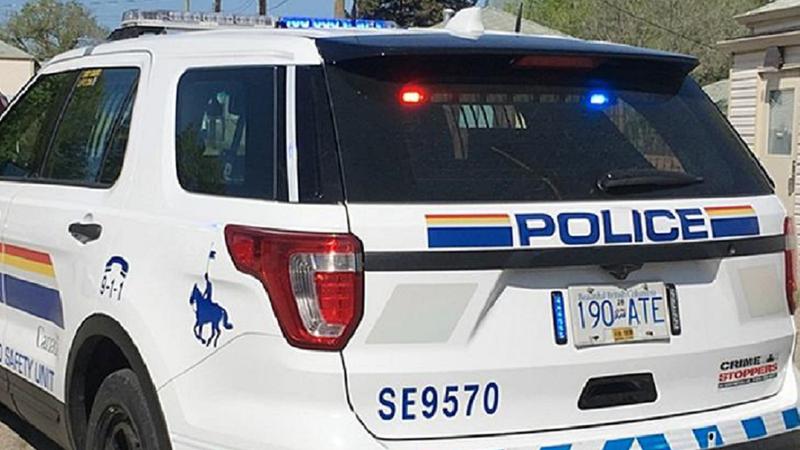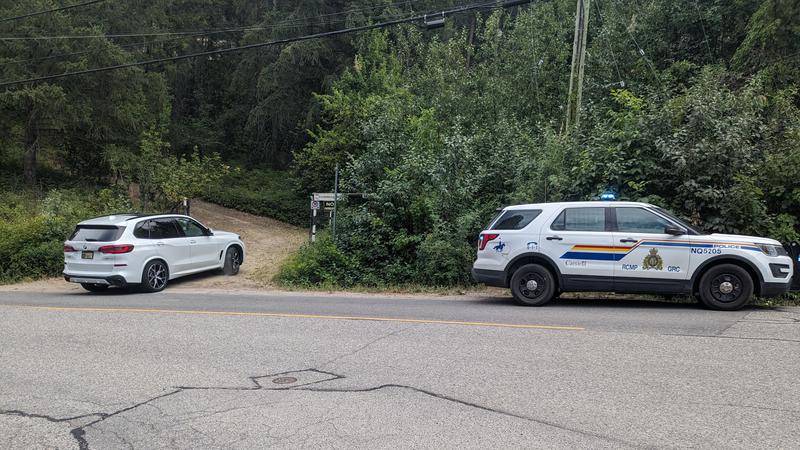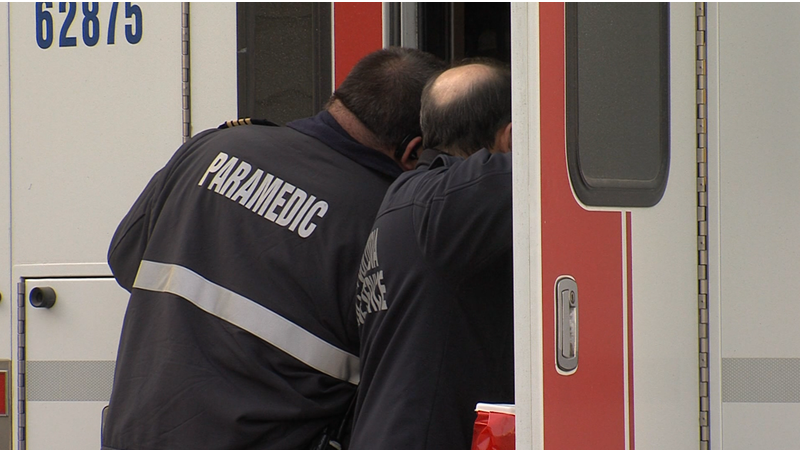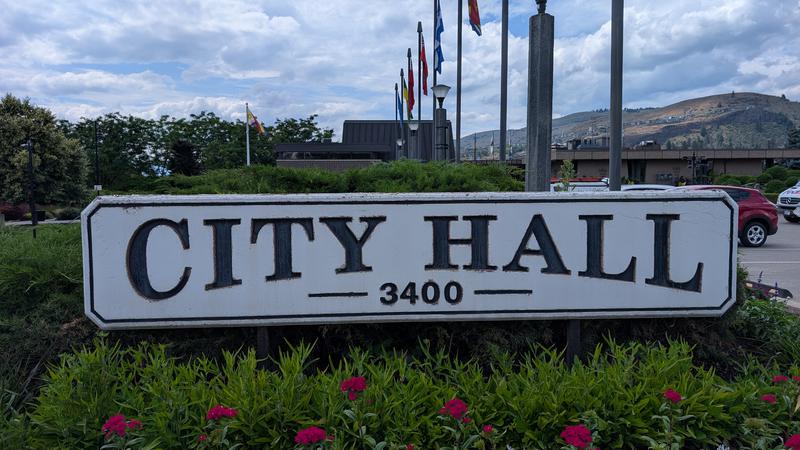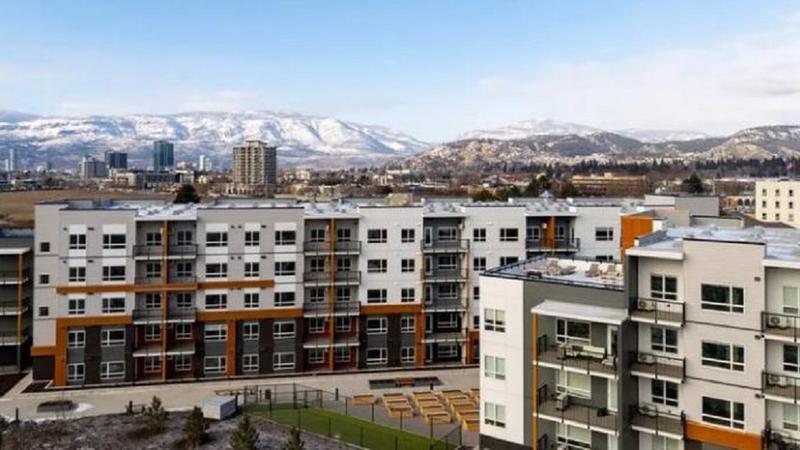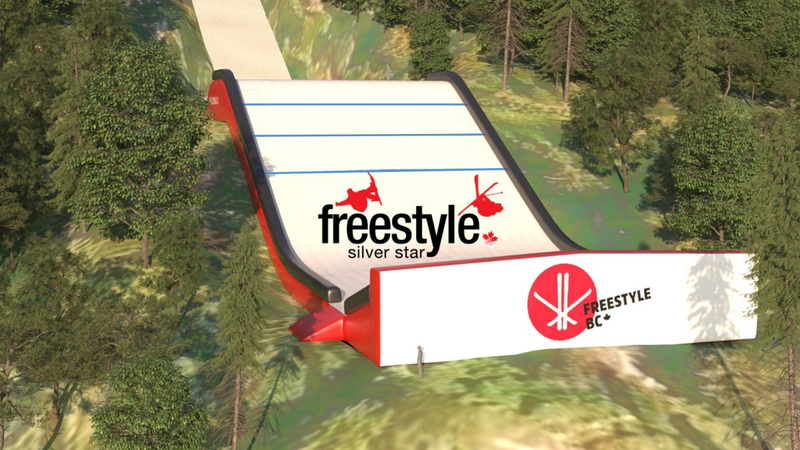
Polson Park creek project secures provincial grant
Some financial support from the B.C. government will help a project planned for Polson Park.
The City of Vernon, in collaboration with the Okanagan Indian Band, will be undertaking a naturalization project of Vernon Creek in the park that will make it more resilient to flooding, protect park infrastructure and restore riparian and fish habitat.
The province announced Thursday, Mar. 21, that $2.52 million will be provided for the park project.
The City of Vernon opened the bidding process for the Polson Park Naturalization Project in early-March.


